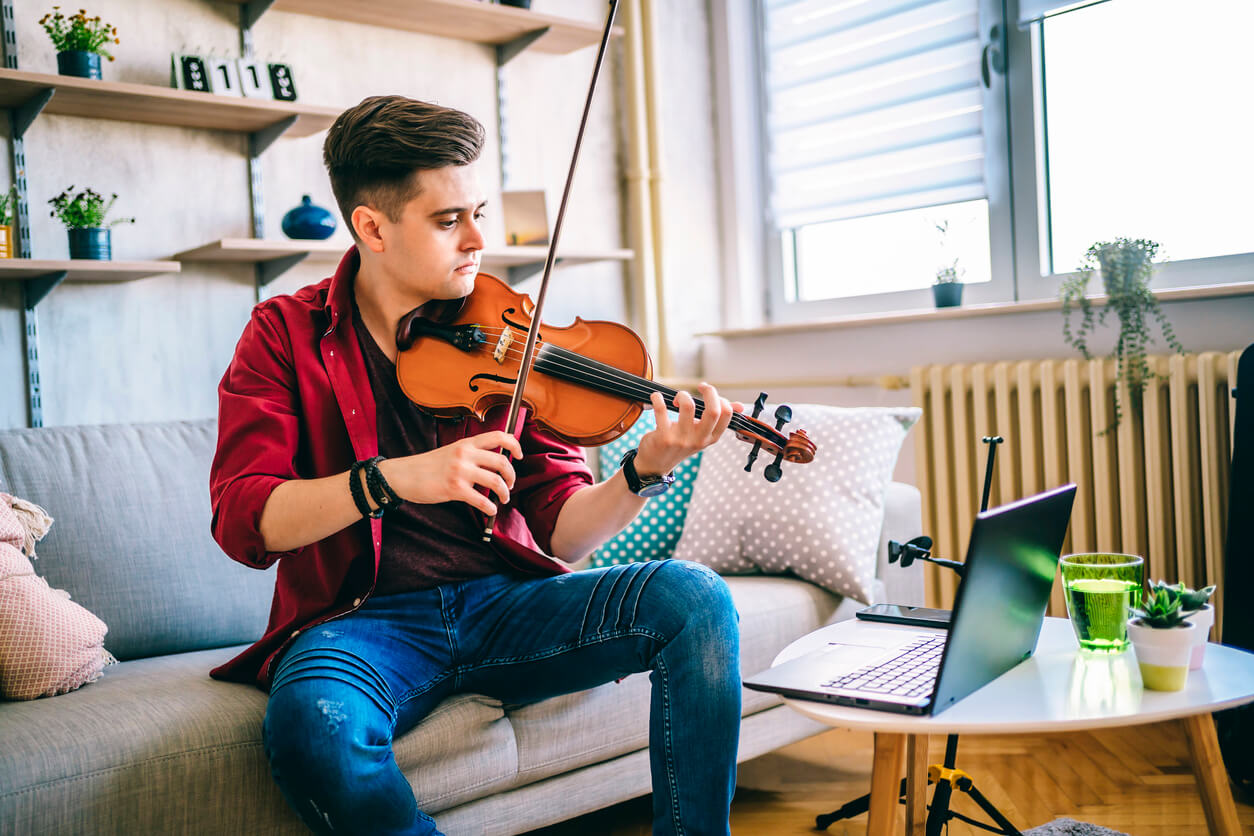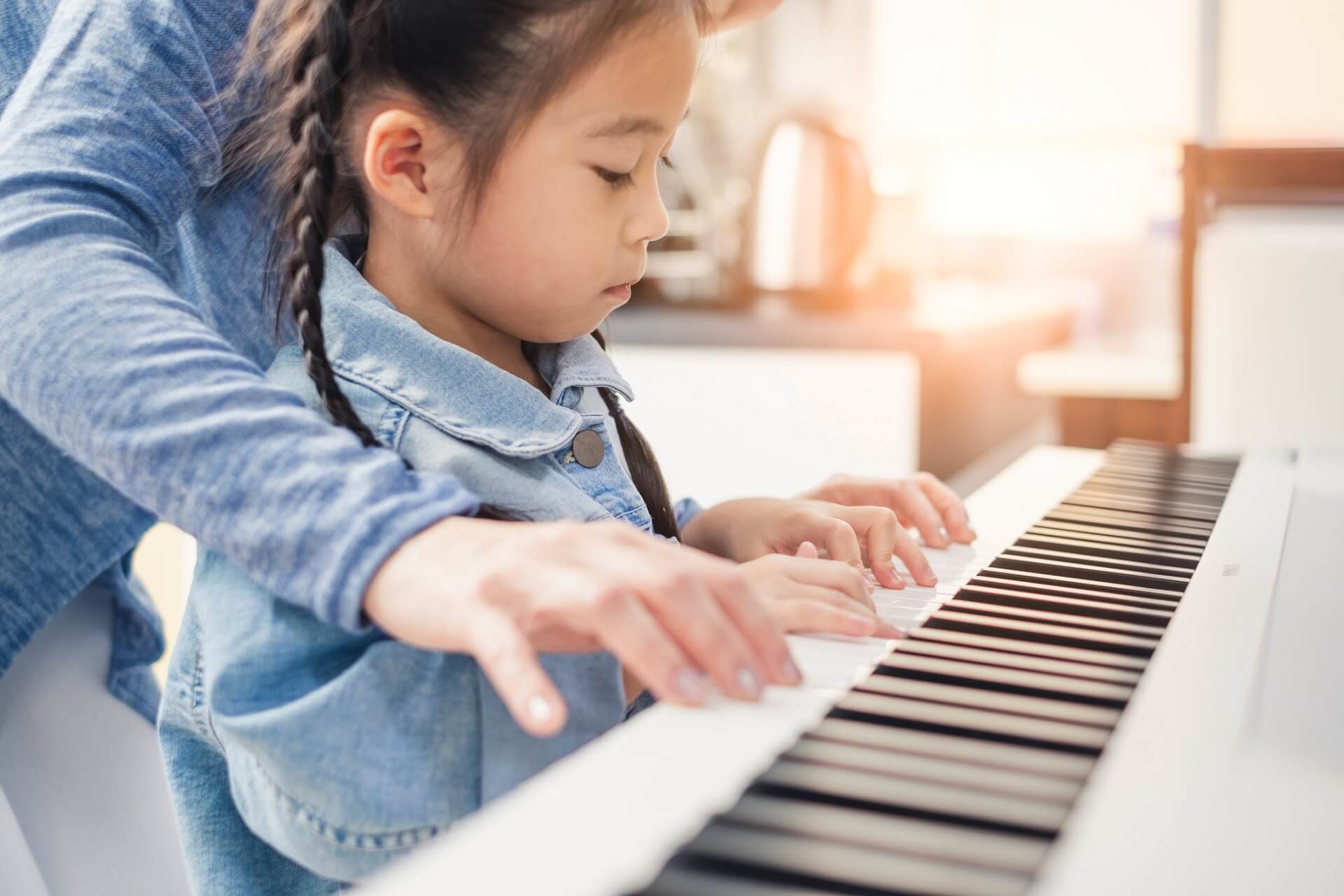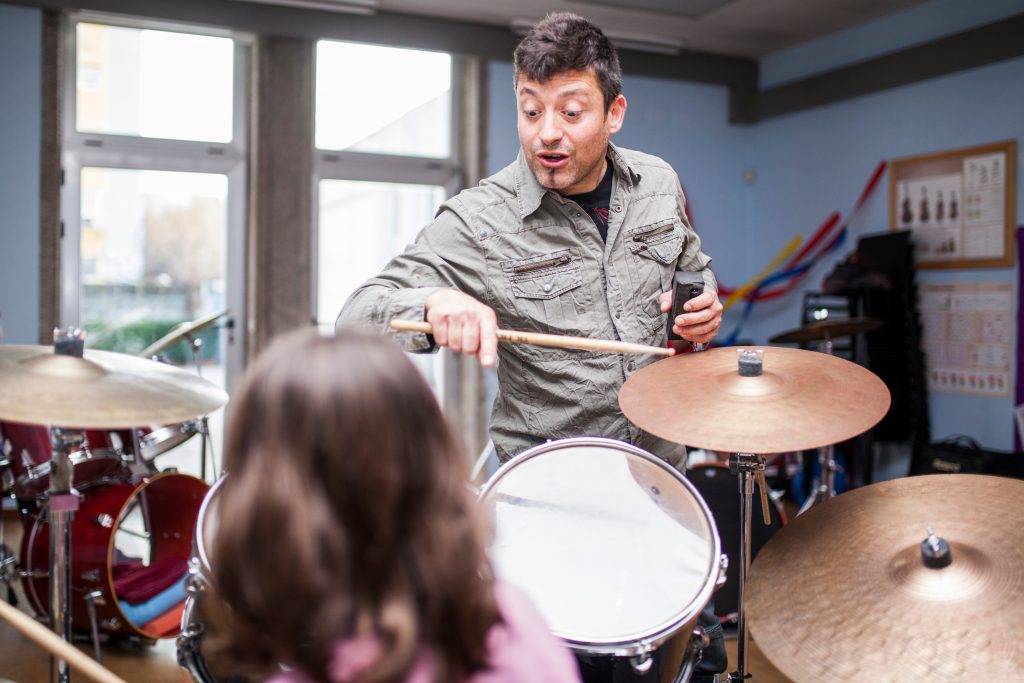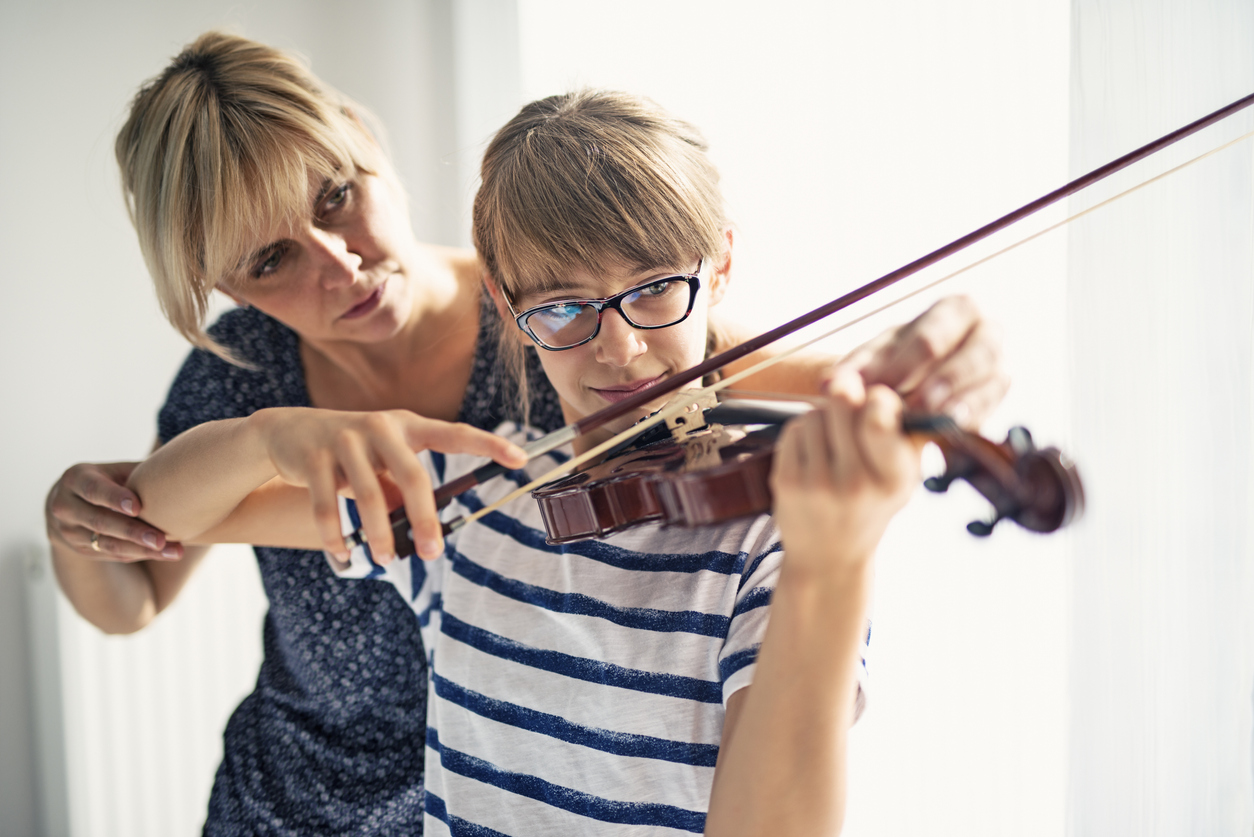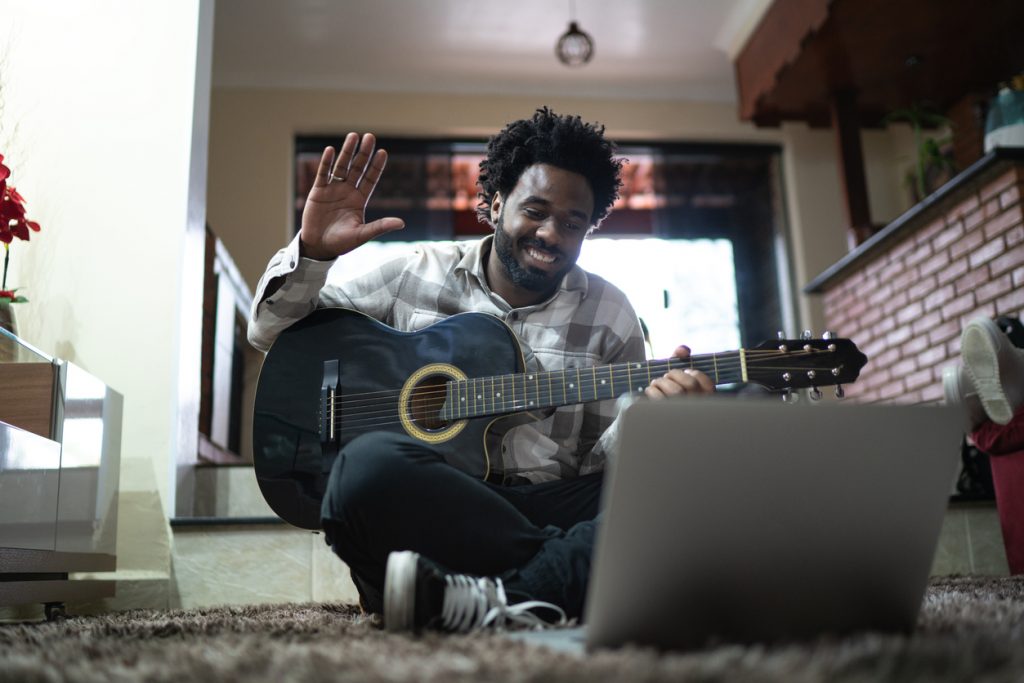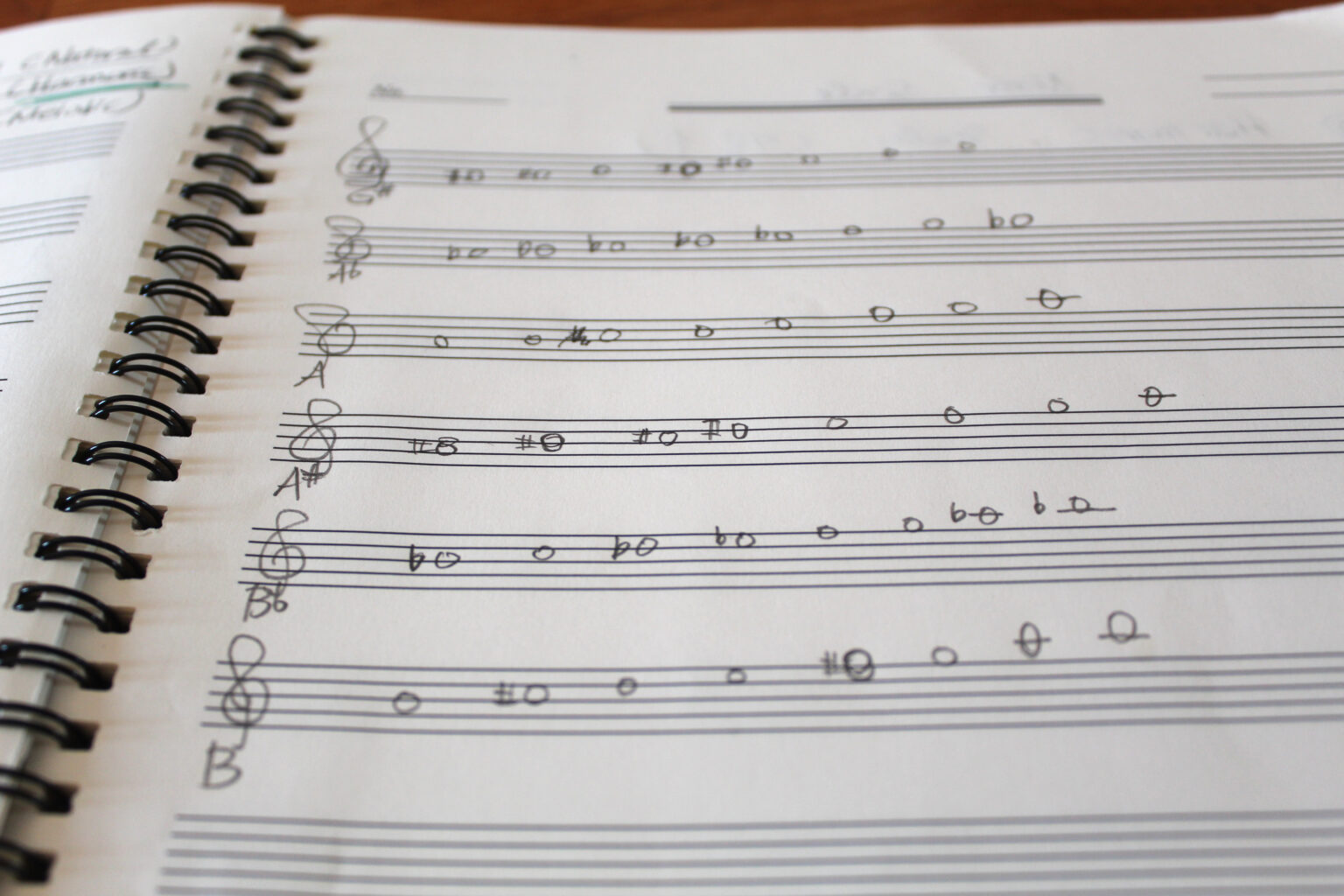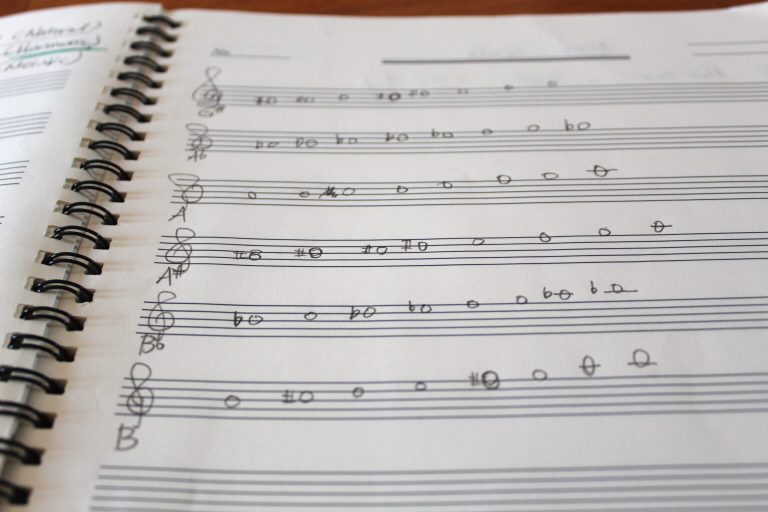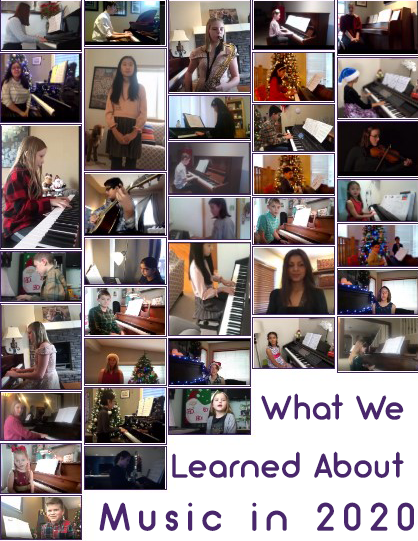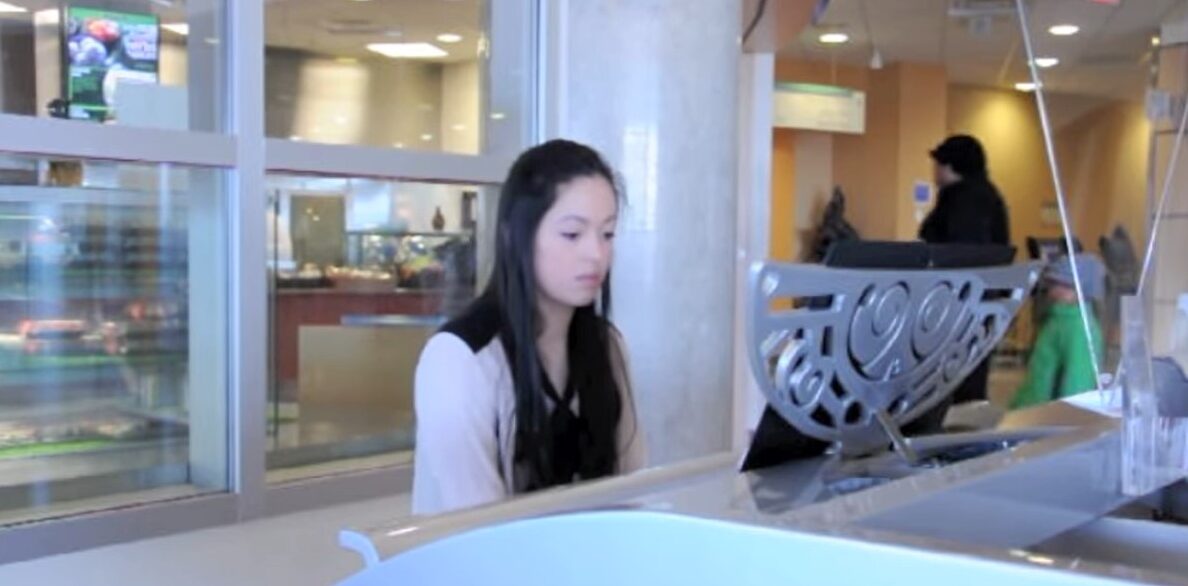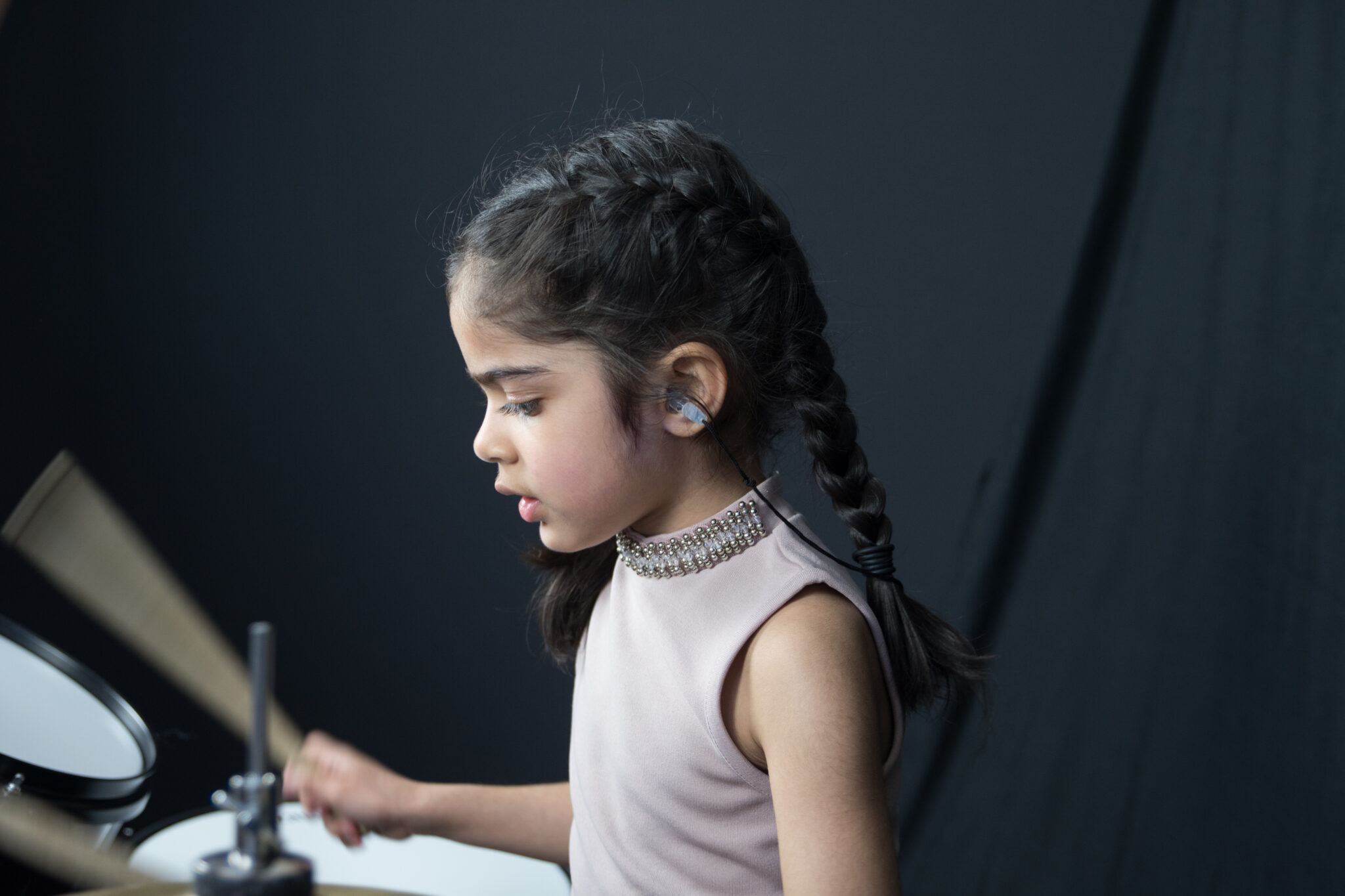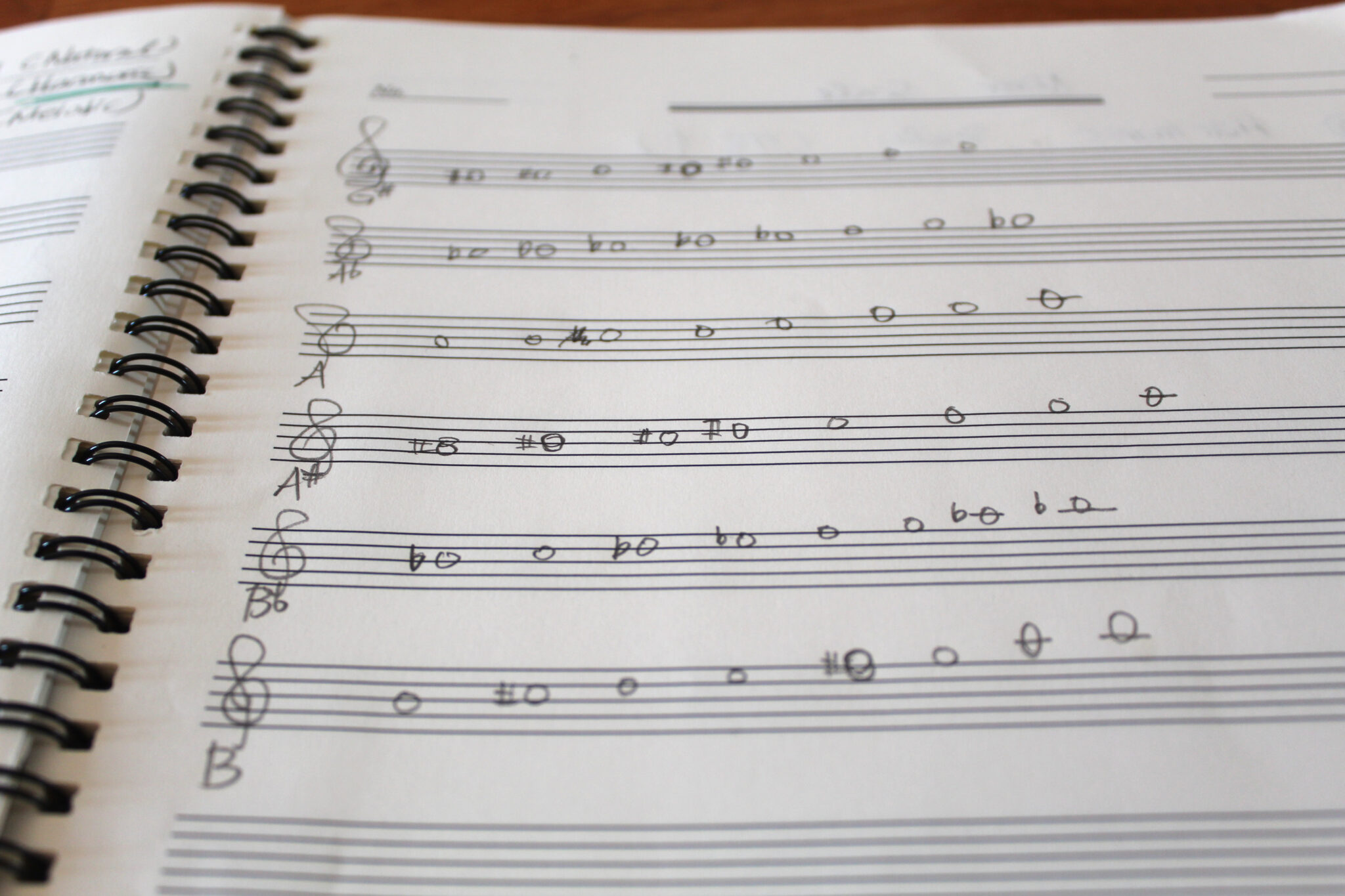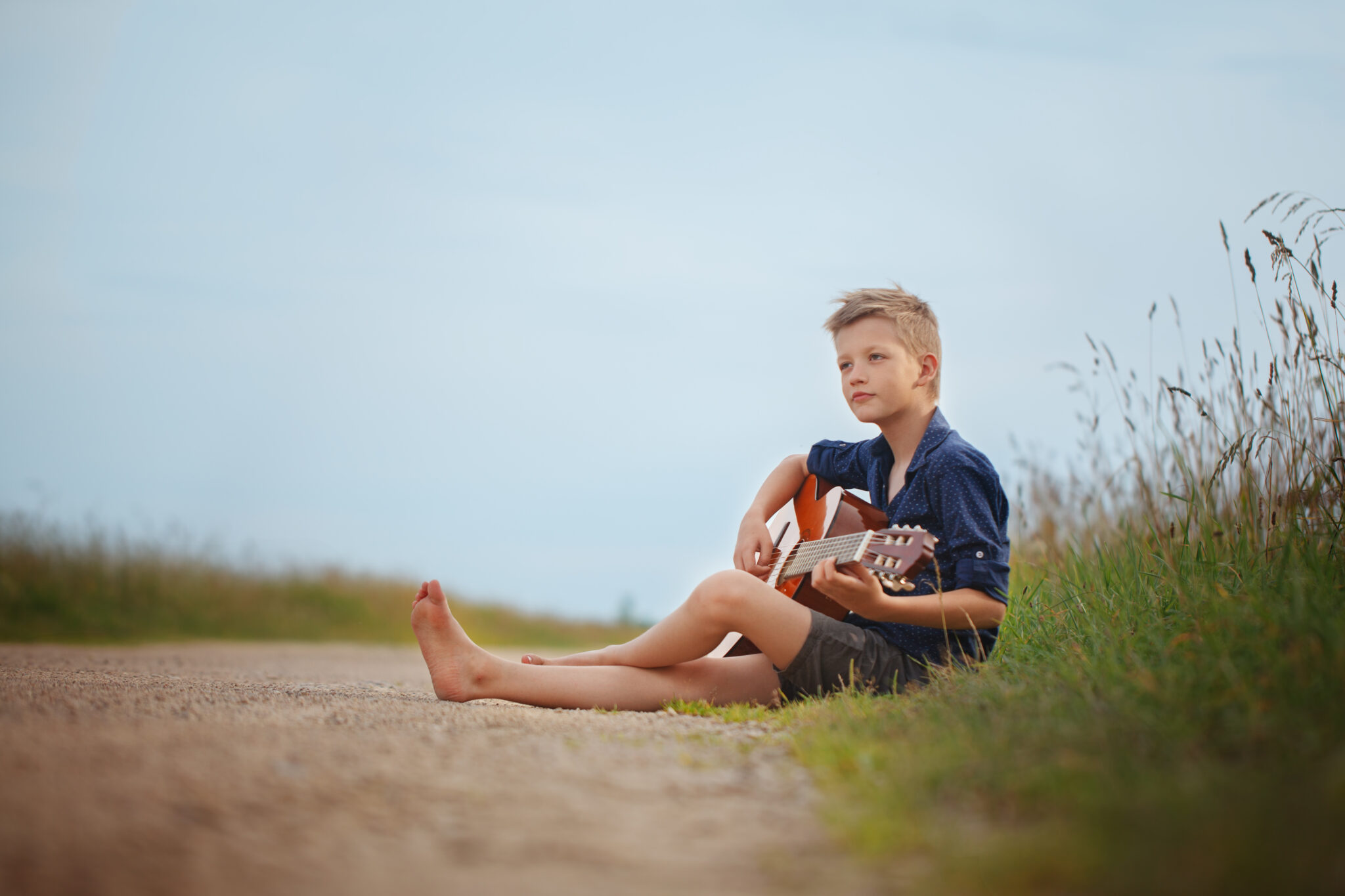Learning the Violin: Challenges and How to Overcome Them
Learning to play the violin is an enjoyable musical experience for all ages. From the moment you hold this light and delicate instrument you realize how special it is. Learning how to tune, care for your violin then understanding how to produce sound through bowing and fingering are exciting experiences for any new beginner.
It is easy to see why students want to take violin lessons and explore this majestic instrument.
There are many factors that can determine the ease of learning this stringed instrument.
Understanding how to create a beautiful long-lasting tone on the violin comes with hard work and dedication. At first the sounds may come out are squeaky, rough and unsatisfying. But with perseverance, practice, and good guidance such as a violin teacher, you will be playing your first songs quickly and making beautiful music.
Reading notes and rhythms are the same on all musical instruments but how you produce sound on the violin is very different than learning the piano.
When starting formal violin lessons, a violin student is usually taught from a classical approach vs other musical styles such as fiddle, jazz or even contemporary music. It is usually recommended that a student start by learning good fundamentals and technic. To achieve this, a classical approach along with a good violin teacher, does tend to provide a strong basis and foundation. Receiving consistent and positive feedback will make learning the violin an easy and enjoyable process.
There are plenty of violin books and courses for this type of classical violin education. Most course books will teach the fundamentals such as reading notes and rhythm, posture, learning your fingerboard and bowing. However, there are also approaches that work with your ear and less on reading. Some violin students may learn better from an ear-based approach.
Is it true that learning to playing the violin comes with developing calluses on your fingers. This happens with all stringed instruments such as guitar. A student’s skin will harden over time while playing violin and that is normal. A violin teacher can help and show you how to develop good strong fingers so you can avoid finger strain or worse, blisters. Calluses are necessary to play stringed instruments.
Learning to play the violin is not hard. All anyone really needs is a desire to learn. Once you grasp the violin basics, you will be well on your way to playing your first violin song. Taking violin lessons, practicing the violin daily, and even
watching You Tube videos can all contribute to your violin playing success. Once you pass the beginner stages, there are so many musical doors that can open up. You can play with others, play more complicated music, learn another style of violin music such as pop, Disney songs and even learn to fiddle and improvise. Some students go even farther by taking exams or joining an orchestral group.
So, if you are wondering if violin is hard to play? Why not give it a try and find out!
You may be surprised at how easy and satisfying it is to learn this beautiful instrument!
Imagine Music has been assisting students with their violin lessons to achieve successful musical progress. Whether violin lessons are online, in studio or in home, we can help guide you through the process of finding the right music teacher for you. We have different music lessons options for every type of music student. Our teachers have varying experience levels, musical teaching styles, education, and performance. For over 25 years, Imagine Music has been teaching and mentoring lifelong skills through the love of playing music. Contact us today and begin your musical journey.
